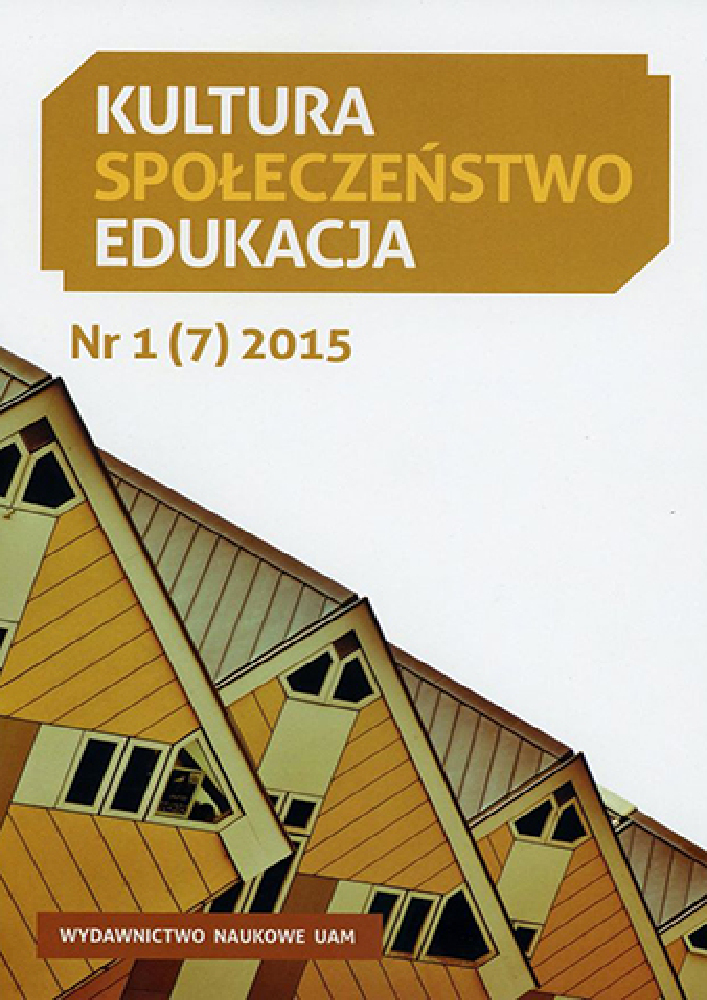Abstract
The modern Maya movement is an example of a new sort of indigenous cultural activism. The long lasting struggle for indigenous rights had finally led to the renegotiation of the social, legal and political order in countries like Guatemala and Mexico. Today we witness a vibrant indigenous activism in many fields, like education for example. This paper deals with the issue of multicultural education in the mentioned countries, but also it presents critical problems of a wider process – i.e. regaining cultural freedom after 500 years of marginalization.References
Baker C. (2006). Foundations of Bilingual Education and Bilingualism. Clevedon.
Fischer E.F., McKenna Brown R. (eds.). (1999). Maya Cultural Activism in Guatemala. Austin, Texas.
Fuentes C. (1997). A New Time for Mexico. Berkeley and Los Angeles.
Garzon S., McKenna-Brown R., Becker Richards J., Ajpub’ W. (1998). The Life of Our Language. Kaqchikel Maya Maintenance, Shift and Revitalization. Austin.
Hawkins J.P., Adams W.R. (2005). Roads to Change in Maya Guatemala. A Field School Approach to Understaning the K’iche. Norman.
Hendrickson C. (1995). Weaving Identities. Construction of Dress and Self in Highland Guatemala Town. Austin.
Metz B.E. (2006). Ch’orti’-Maya Survival in eastern Guatemala. Identity in Transition, Albuquerque.
Petrovic J.E. (ed.). (2010). International Perspectives on Bilingual Education. Policy, Practice and Controversy. Charlotte.
Tzian L. (1994). Mayas y ladinos en cifras. El caso Guatemala. Guatemala.
Wilson R. (1999). Maya Resurgence in Guatemala. Q’eqchi’ Experiences. Norman.
World Bank (2005). Central American Education Strategy. An Agenda for Action. A World Bank Country Study. Washington.
License
Copyright (c) 2016 Jarema Drozdowicz

This work is licensed under a Creative Commons Attribution-NoDerivatives 4.0 International License.
